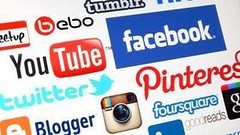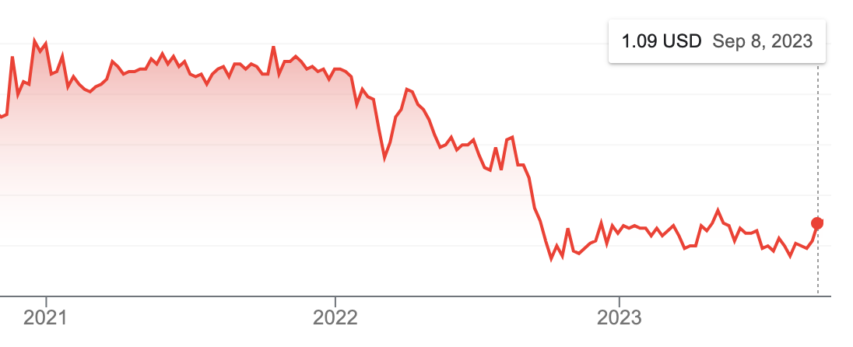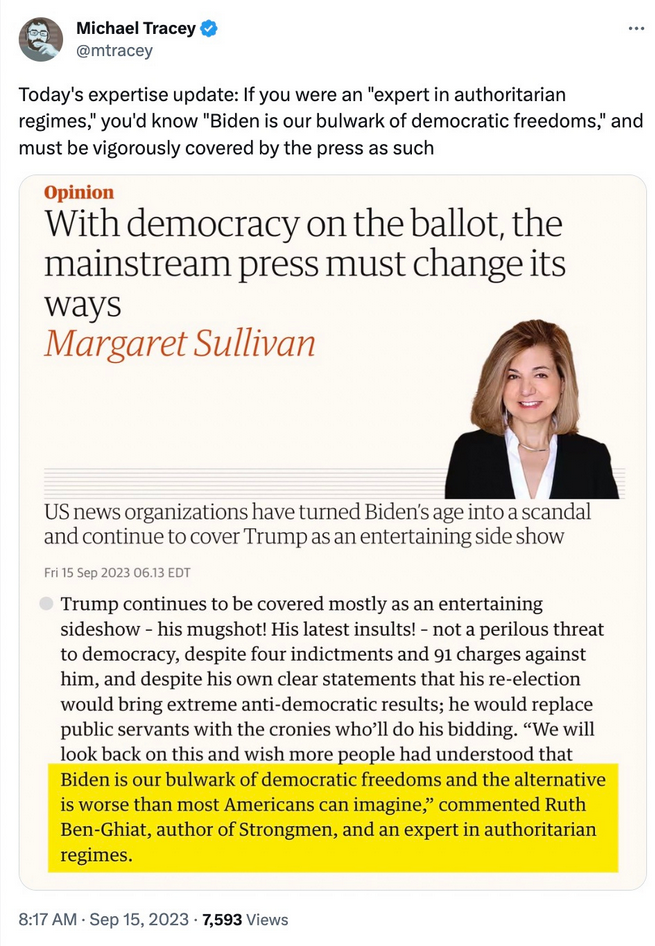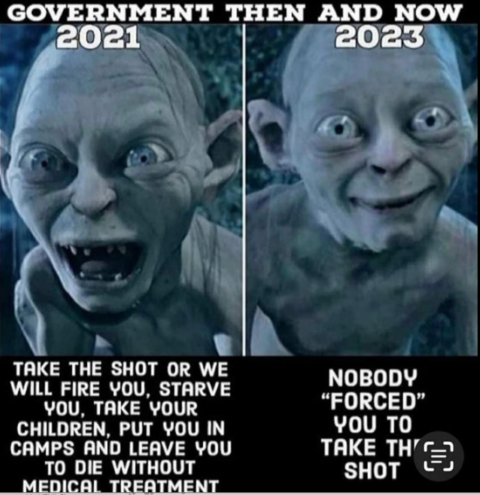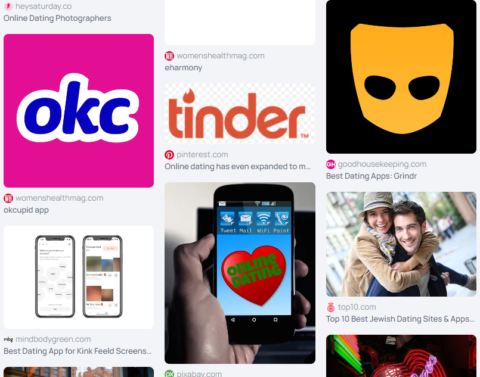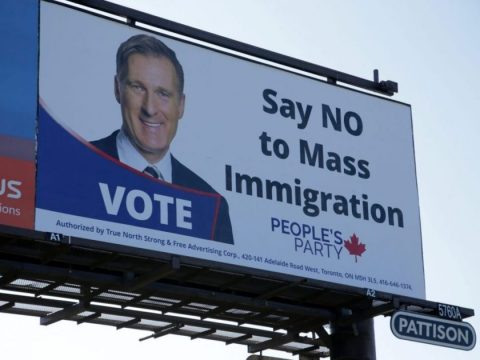Michael Geist on the ongoing disaster the federal government created with the Online News Act:
Prime Minister Justin Trudeau was asked this week about concerns with the implementation of Bill C-18, to which he responded that other countries are quietly backing Canada in its battle against tech companies. I posted a reality check tweet noting that Meta is not returning to news in Canada, the law’s regulation stipulating a 4% fee on revenues is not found anywhere else, and that Bill C-18 has emerged as a model for what not to do. With the House of Commons back in session, it is worth providing a more fulsome reality check on where things stand with the Online News Act. While the government is still talking tough, the law has been an utter disaster, leading to millions in lost revenues with cancelled deals, reduced traffic for Canadian media sites, declining investment in media in Canada, and few options to salvage this mess.
For those that took the summer off, Bill C-18 received royal assent in late June. Over the past three months:
1. Meta has blocked all news links in Canada and cancelled existing deals with Canadian news outlets. The blocked links covers both Canadian and foreign news in light of the broad scope of the law. While the Australian experience lasted a few days, the blocking in Canada has now gone on for weeks and there is little reason to believe that the company will reverse its position to comply with the law by simply not linking to news.
2. The government responded to the blocked news links by stopping to advertise on Facebook and Instagram and encouraging others to do the same. The boycott has had little effect as the Liberal party is still advertising on the platforms with a new round of ads this week, the Prime Minister is still posting on the platforms, and reports indicate that Facebook has not experienced a reduction in user activity. In fact, reports suggest that the experience on Facebook without news has improved. Further, a Competition Act complaint has not sparked any action.
3. Google responded to Bill C-18 by advising it too would remove news links from its services before the law takes effect in December. That position enabled it to wait for the government to release draft regulations that provide further detail on the application of the law and the standards for obtaining an exemption from the mandatory bargaining process that can lead to final offer arbitration overseen by the CRTC.
Several more items of concern at the link.



